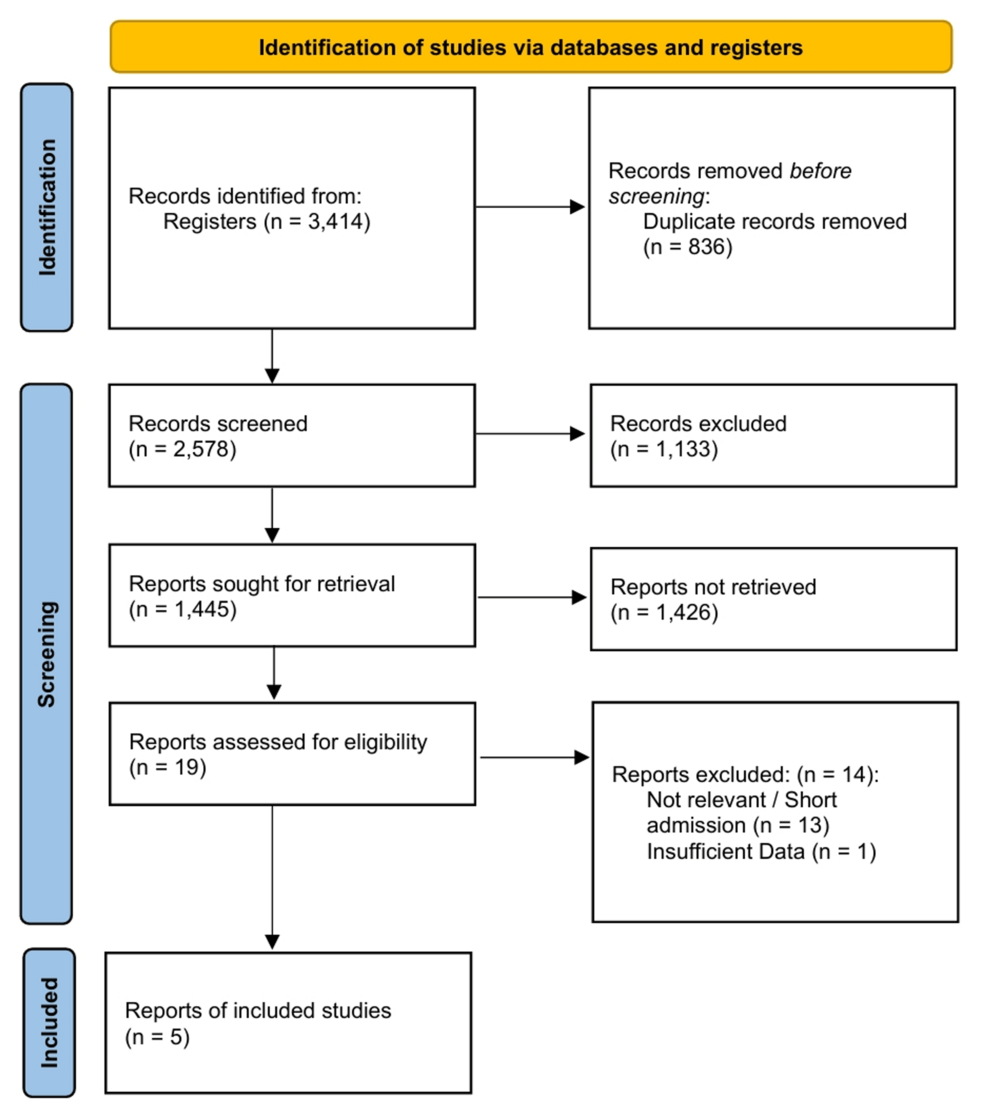- The future GLP-1 might be a gene therapy: Report Becker’s Hospital Review
- The next frontier in weight-loss drugs: one-time gene therapy The Washington Post
- How Genetic Weight Loss Is Reshaping Personalized Obesity Treatment Forbes
- Gene therapy…
Author: admin
-
The future GLP-1 might be a gene therapy: Report – Becker's Hospital Review
-

RLL Adds Ryan Briscoe as Coach, Hires Engineer for Mick Schumacher
Rahal Letterman Lanigan Racing (RLL) announced Jan. 26 two additions to its staff as the 2026 NTT INDYCAR SERIES season approaches, including 2012 Indianapolis 500 pole winner Ryan Briscoe.
Former INDYCAR SERIES driver Briscoe, who…
Continue Reading
-
Amnesia RAT, ransomware spread in new Russia-targeted phishing campaign – SC Media
- Amnesia RAT, ransomware spread in new Russia-targeted phishing campaign SC Media
- Multi-Stage Phishing Campaign Targets Russia with Amnesia RAT and Ransomware The Hacker News
- New Multi-Stage Windows Malware: Microsoft Defender Disabled Before…
Continue Reading
-

Magnetic avalanches on the sun reveal the hidden engine powering solar flares
A giant solar flare on our sun was powered by an avalanche of smaller magnetic disturbances, providing the clearest insight yet into how energy from our star is released in a torrent of high-energy ultraviolet light and X-rays. The discovery…
Continue Reading
-

App Store 2025 Top iPhone Apps in the U.S.
Monday, 26 January 2026
I’ve been meaning since last month to link to Apple’s lists of the top iPhone apps in the U.S. for 2025. Here’s the list of the top 20 free iPhone apps:
- ChatGPT
- Threads
- TikTok — Videos, Shop &…
Continue Reading
-

White House signals shift over immigration crackdown
Good morning and welcome back. In today’s newsletter:
-
Trump’s border tsar Tom Homan sent to Minnesota
-
EU and India agree “mother of all trade deals”
-
Latin America’s swing to the right
-
And Roy Choi’s guide to eating out in LA
Donald Trump…
Continue Reading
-
-

AMC Sold Its Stake In a Silver Mining Company — Before Silver Went on a Record Run
The parent of AMC Theatres appears to have left a big chunk of money on the table when it announced in early December it had sold around 80 percent of its equity stake in Hycroft Mining Holding Corp. to fellow investor Sprott Mining for $24.1…
Continue Reading
-
US believes Hamas disarmament comes along with some sort of amnesty, US official says – Reuters
- US believes Hamas disarmament comes along with some sort of amnesty, US official says Reuters
- Hamas seeks role for its police in Gaza ahead of talks Dawn
- Hamas disarmament in Gaza comes with ‘some sort of amnesty’: US official Al Jazeera
Continue Reading
-

First Fossil Lichen Shaped Early Land Ecosystems
A group of researchers supported by FAPESP has confirmed the identity of the first lichens to inhabit Earth, Spongiophyton, around 410 million years ago, in great detail for the first time. Lichens are a symbiosis of fungi and algae…
Continue Reading
